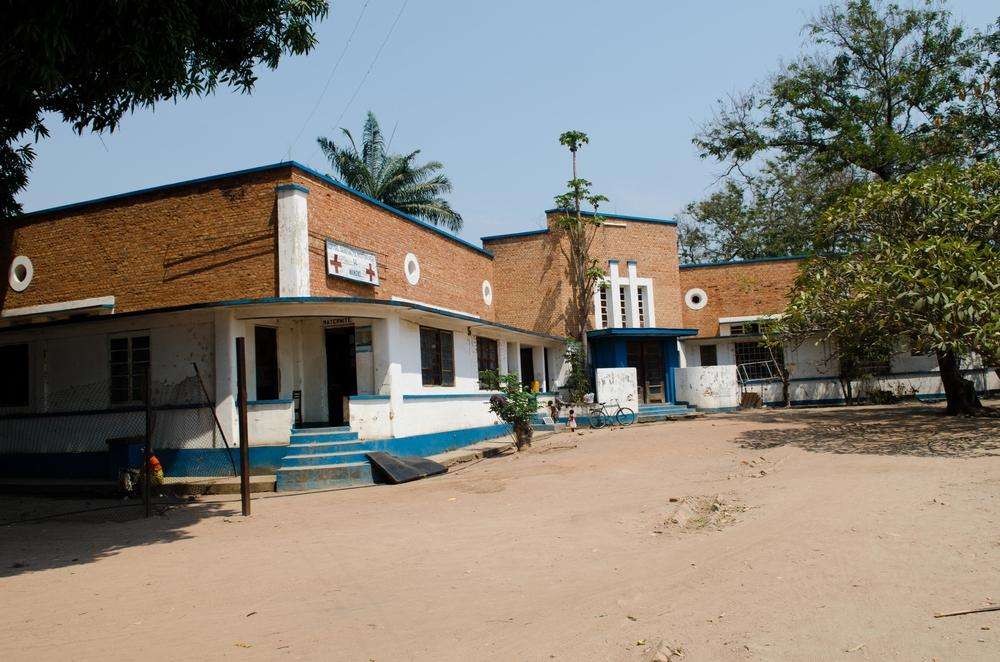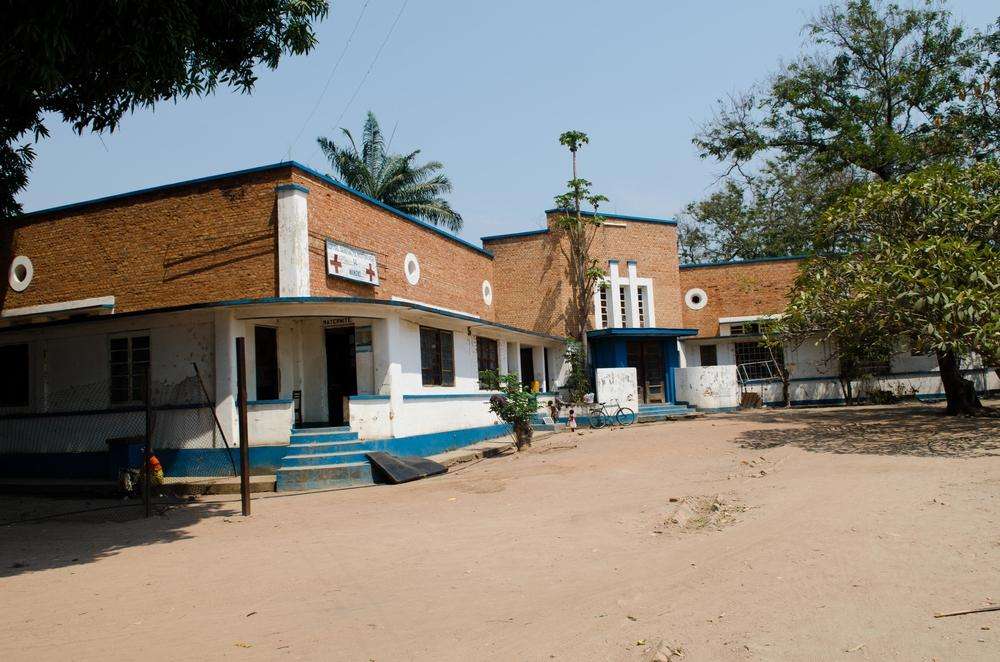Gaudia Sironi is the field coordinator for the Doctors Without Borders/Médecins Sans Frontières (MSF) project in Manono, Tanganyika Province, eastern Democratic Republic of Congo (DRC).
What's the current situation in Tanganyika Province?
In the last few months, we've seen an increase in intercommunal violence throughout the region. In the Manono health zone, fighting erupted again in November, but the situation really deteriorated in December and a large number of people were admitted to the general referral hospital for surgery.
Conflict first broke out in rural areas miles from Manono, but gradually spread until it reached the town itself. People have fled the villages affected by the fighting and many have ended up in the center of Manono. The security conditions do not allow us to leave the city so it is difficult for us to assess the situation and treat all the wounded.
What are living conditions like for displaced people in Manono?
Thousands of people are now living with host families, in public buildings, schools, and churches around the town. By the end of December, we had counted 40 buildings occupied by displaced people.
Living conditions are very precarious for both the indigenous and the displaced populations. The overcrowding significantly increases the risk of contagious diseases such as diarrheal diseases. There's a shortage of latrines and we’re in the middle of the rainy season.
The current conflict is also stopping people from moving around freely and going to the fields to grow or harvest their crops. There's less food at the market and prices have shot up. So, food insecurity and the risk of contagious diseases are our biggest concerns. We're also worried about the people outside the town. If they can't get to the hospital, many could die—especially children.
How is MSF responding to this crisis?
Since the end of November, MSF has stepped up its support for the hospital in Manono, where 200 people have already been treated for wounds. The vast majority of patients arrive with cuts and stab wounds from machetes, arrows, or axes.
At the end of November, we provided training in managing an influx of casualties at Manono General Referral Hospital and at [nearby] Ankoro Hospital. The aim was to improve the skills of the team of doctors and nurses from the Ministry of Health and to set up a care pathway with identified areas for receiving and treating patients in accordance with the seriousness of their condition.
In December, the hospital's surgical department was overwhelmed; there were insufficient beds, equipment, and staff to treat everyone. There were people everywhere, lying on the floor, waiting to be treated. The staff worked ceaselessly to tackle the situation. MSF supported the team at Manono hospital by providing doctors, including a surgeon, nurses, nursing assistants, and health promoters, as well as hygienists and security guards.
We also erected tents, as they ran out of space in the surgical department. We supplied equipment and drugs to treat the injured, dressing kits, suture materials, antibiotics, painkillers, etc. We've also started upgrading the operating theater so that it has a constant water supply and an efficient sterilization system.
At the height of the crisis in December, 44 MSF staff members were supporting the hospital. MSF is also assisting four health centers in the town with pediatric and nutritional care for children under five, with a particular focus on treating malaria. And we're starting to build latrines in sites where displaced persons gather to ensure minimum hygiene and sanitation standards.
MSF has been working in Manono since the end of 2015, when a measles epidemic broke out in the health area. Since then, MSF has supported the pediatric department of the general referral hospital in Manono health area. About 200 children are currently being treated as inpatients there; the majority for complications of malaria, such as severe anemia. About a third are suffering from severe malnutrition and medical complications. MSF also supports Muyumba Port health center.





